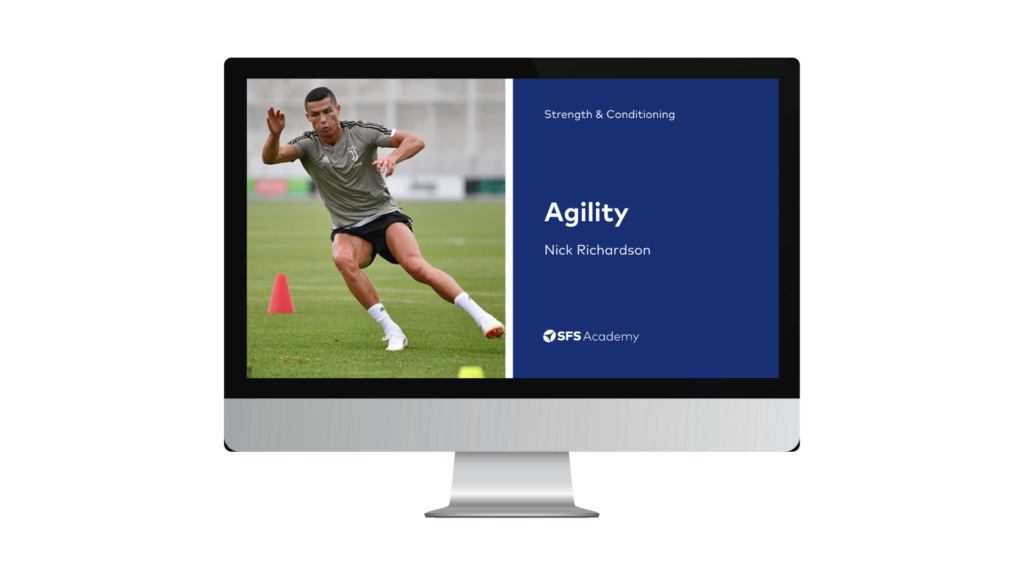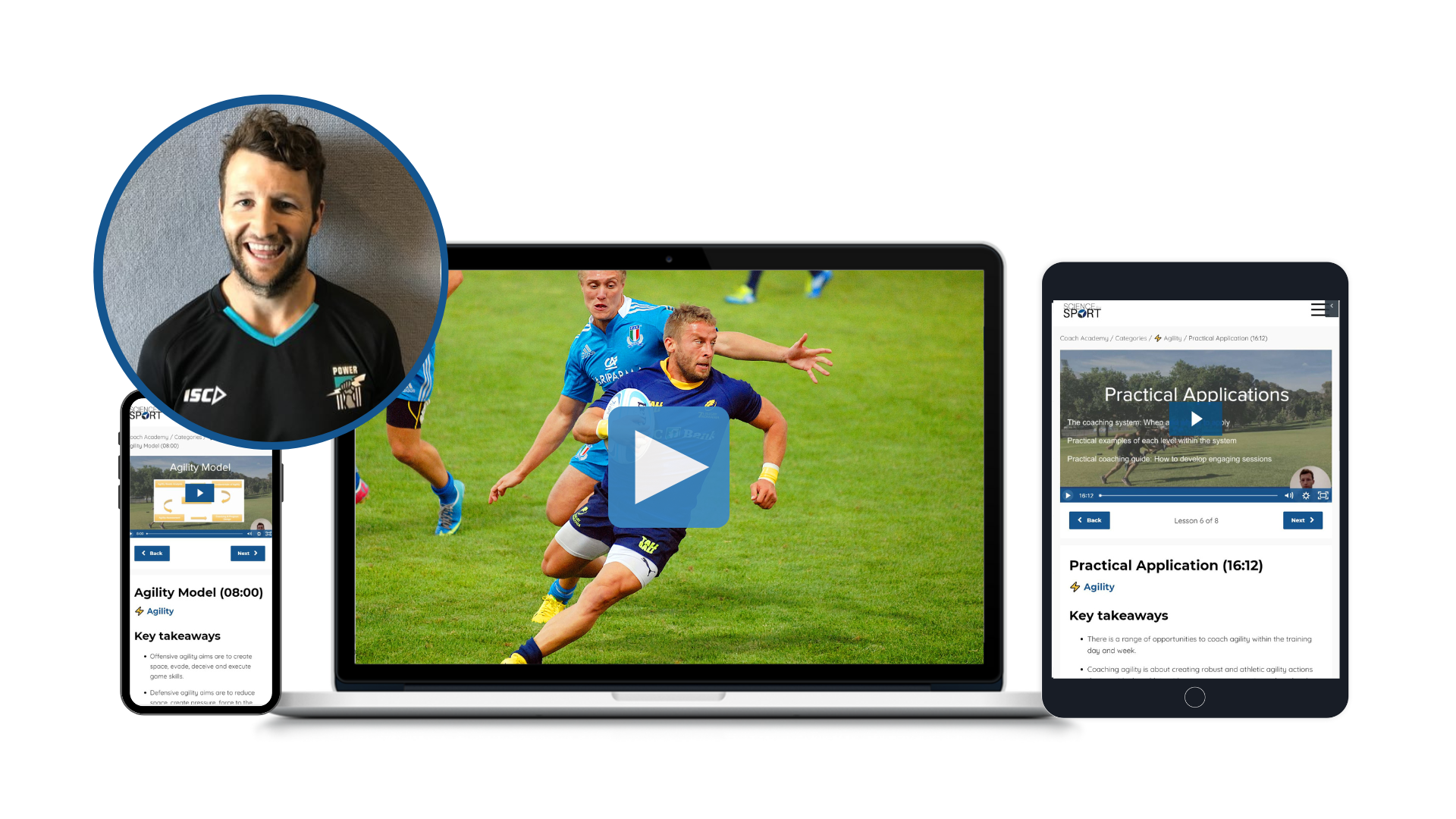- Does the UKSCA accreditation improve you as a coach?
- Barriers to blood flow restriction training
- Sprint and plyometric training on sand?
Does the UKSCA accreditation improve you as a coach?

Last week, Welsh Rugby Union Strength and Conditioning (S&C) Coach Christopher Thomas shared a reflective post on LinkedIn. In the post, Thomas talks about his experience of acquiring the United Kingdom Strength and Conditioning Association (UKSCA) accreditation.
Thomas begins by commenting positively on the UKSCA workshops, which he feels are valuable to attend even if you’re not looking to get accredited. However, he also discusses some of the challenges he faced during the accreditation process. He found the requirements to be rigorous and the process to be challenging, impacting his confidence as a coach.
Despite these difficulties, Thomas believes that the accreditation process gave him invaluable skills and a strong mindset that made him a better coach for his athletes. He reflected on how he was able to better explain and justify his methods to his athletes after acquiring the accreditation.
In conclusion, Thomas highly recommends the challenging UKSCA accreditation and believes that it can “empower coaches to reach their full potential”. If you’re interested in finding out what S&C accreditation is best for you, check out our blog: Best Strength And Conditioning Accreditations
Barriers to blood flow restriction training

Blood Flow Restriction (BFR) training is a technique used to supplement regular training routines, which can lead to improved muscle gains and enhanced performance. Although it is generally considered safe, some people still have concerns about its safety.
A recent study surveyed 397 healthcare practitioners to explore the potential barriers to BFR training. The study found that 308 practitioners had previously prescribed BFR training to their patients. The survey revealed that the main barrier to implementing BFR training was a lack of equipment and education, with over half of the respondents citing these issues. Additionally, 31% of the respondents expressed concerns about the safety of BFR training.
To address these concerns, the study recommends developing educational resources that highlight the benefits and safe application of BFR training. Furthermore, BFR training must become more affordable and convenient for healthcare practitioners to make it more accessible.
Many coaches may relate to the need for more education on BFR training and affordable BFR equipment, as highlighted in this study conducted with healthcare practitioners.
Sprint and plyometric training on sand?

A recent study examined the effects of a six-week combined sprint and plyometric training routine on sand. The study involved beach handball players who completed three 40-minute plyometric and sprint training sessions per week during the six weeks.
In addition to this training, the participants continued with their regular beach handball training sessions. The study found that the participants who underwent the sprint and plyometric training intervention showed significant improvement in their squat jump test, countermovement jump test, 15-meter sprint test, and handball-specific throwing tests, compared to a control group.
The results indicated that a six-week plyometric and sprint training intervention can improve athletic performance and sport-specific skills. More importantly, the study found that training on sand can still produce improvements in plyometric and sprint ability. If you are a coach of athletes who play on sand and want to enhance their athletic ability, this study is highly recommended.
From us this week:
>> New course: Hydration
>> New podcast: Developing Elite-Level Motivation
>> New infographic: Daily Recommended Water Intake
>> New article: 15 Best Barbells For Home Gyms
Access to a growing library of sports science courses
SFS Academy is an all-access membership to premium sports science education.
With SFS Academy, you’ll learn from some of the best coaches around the world as they teach you how to apply the latest research and practice with your athletes.


